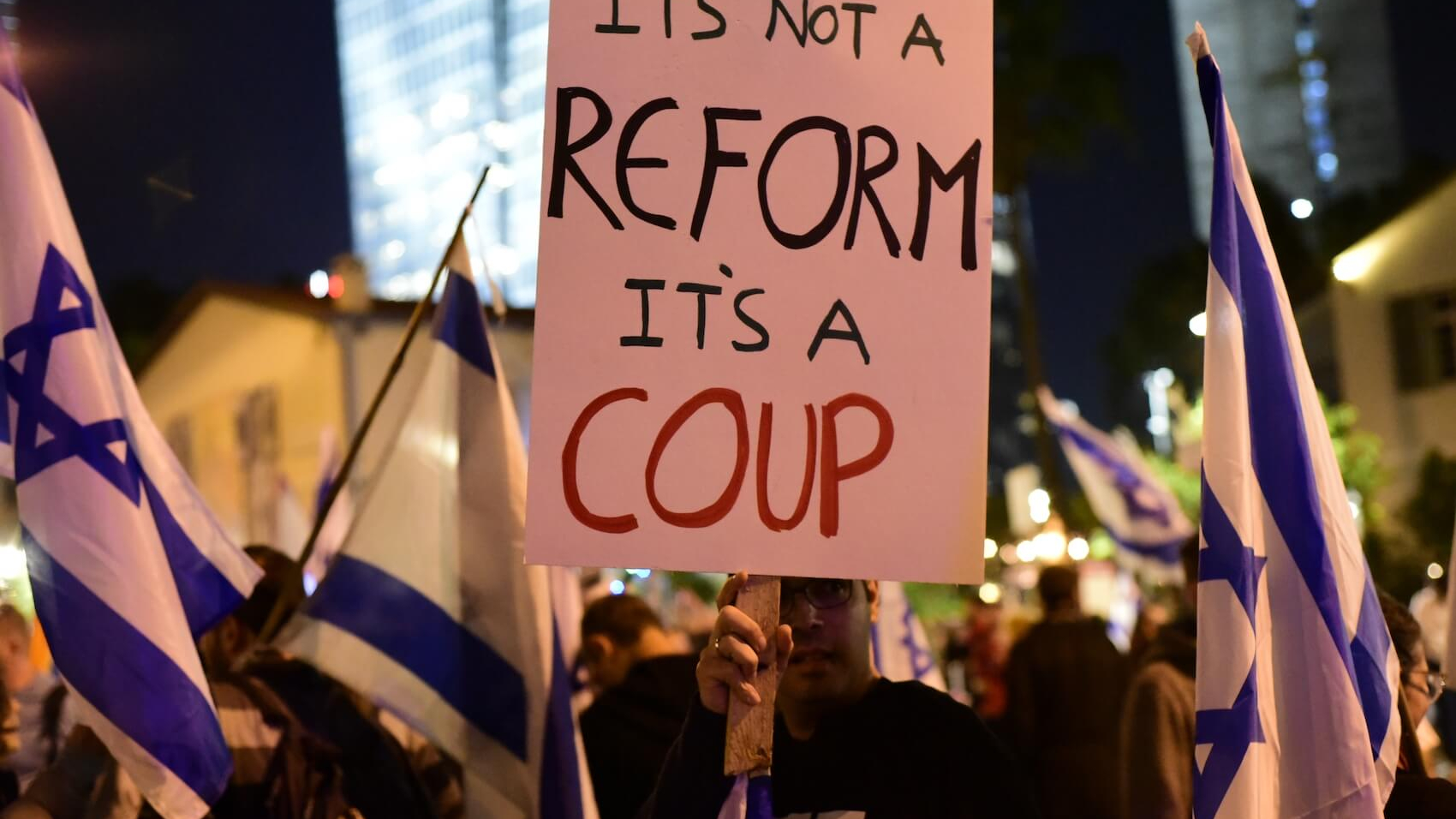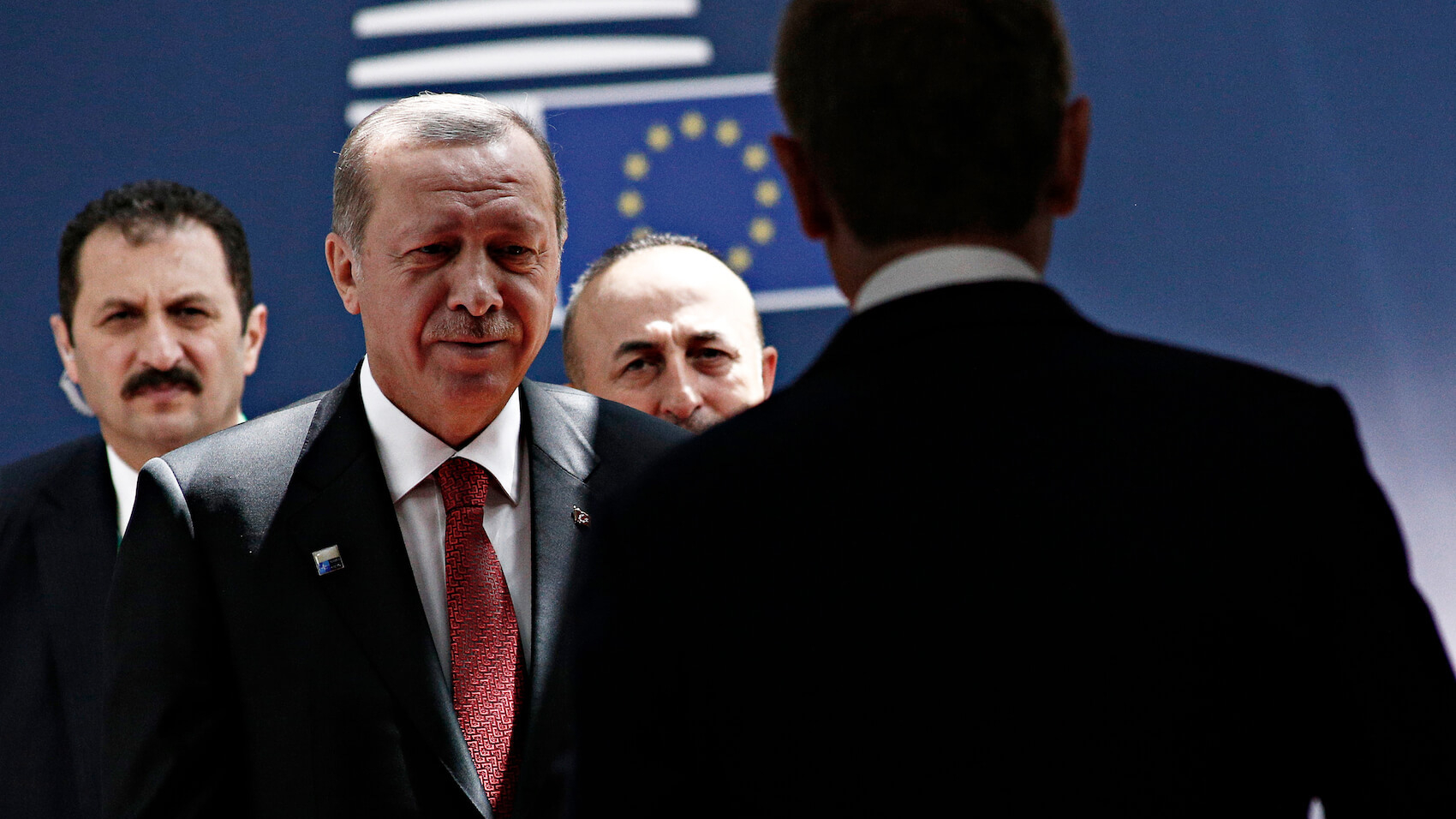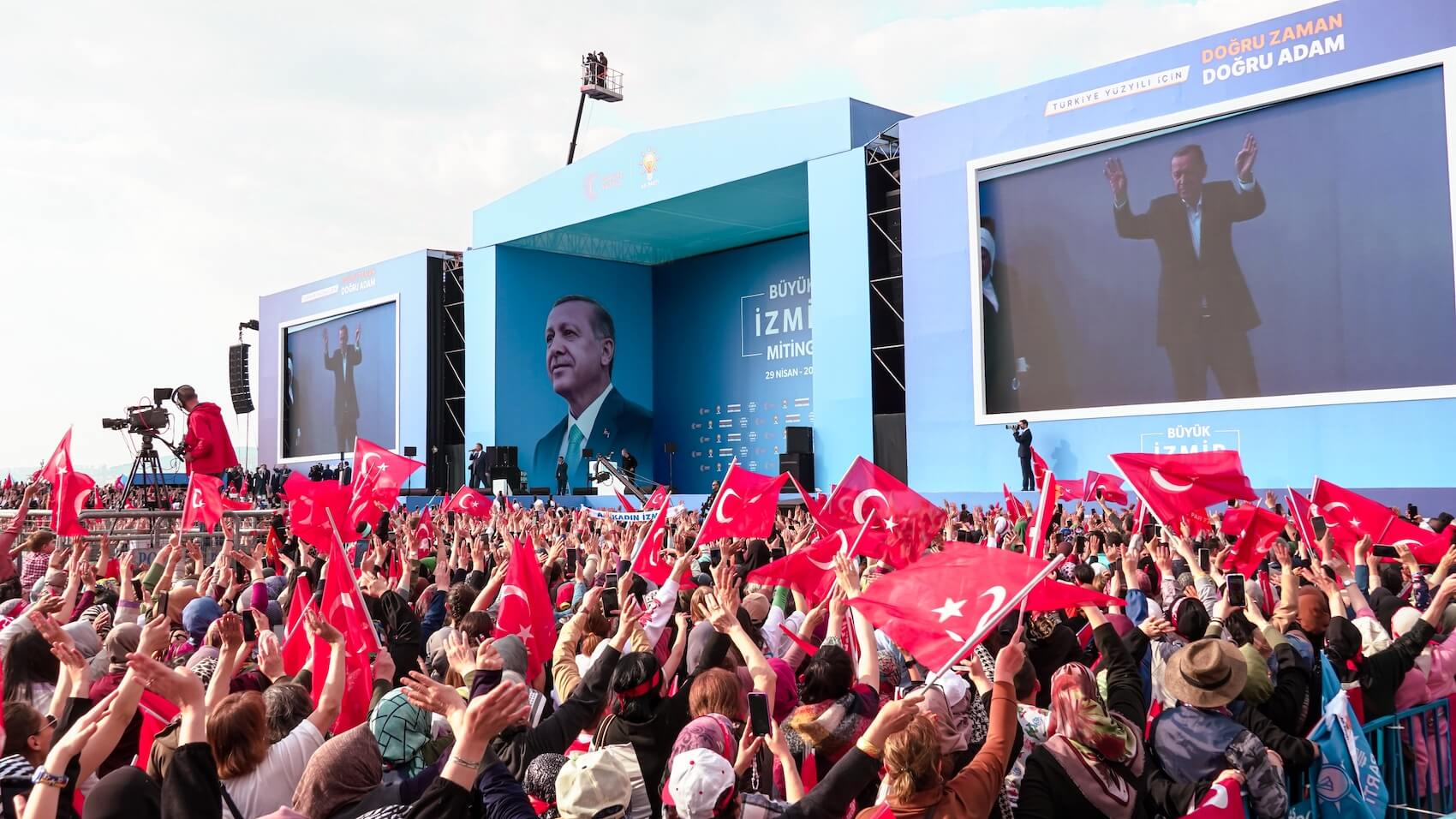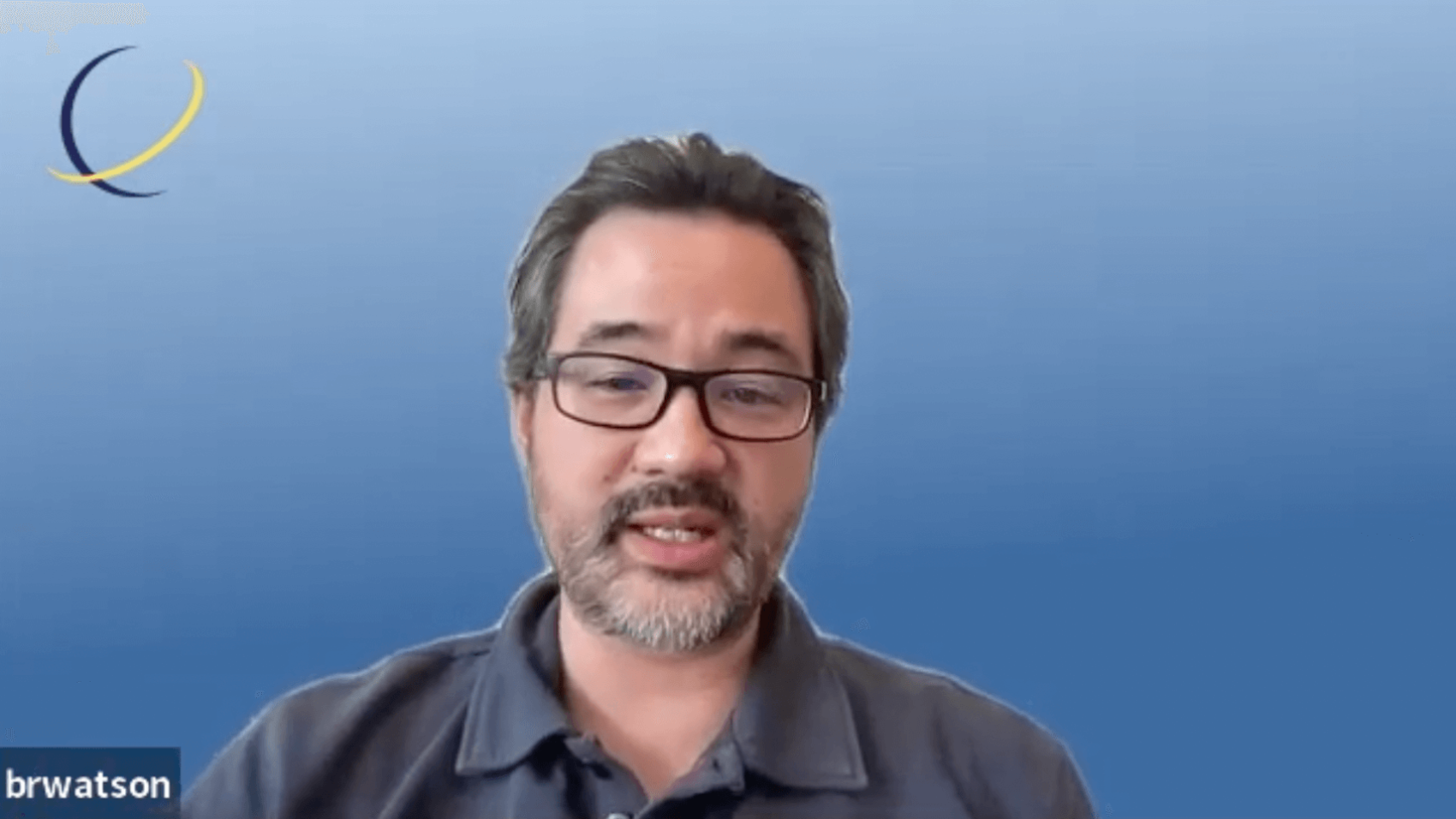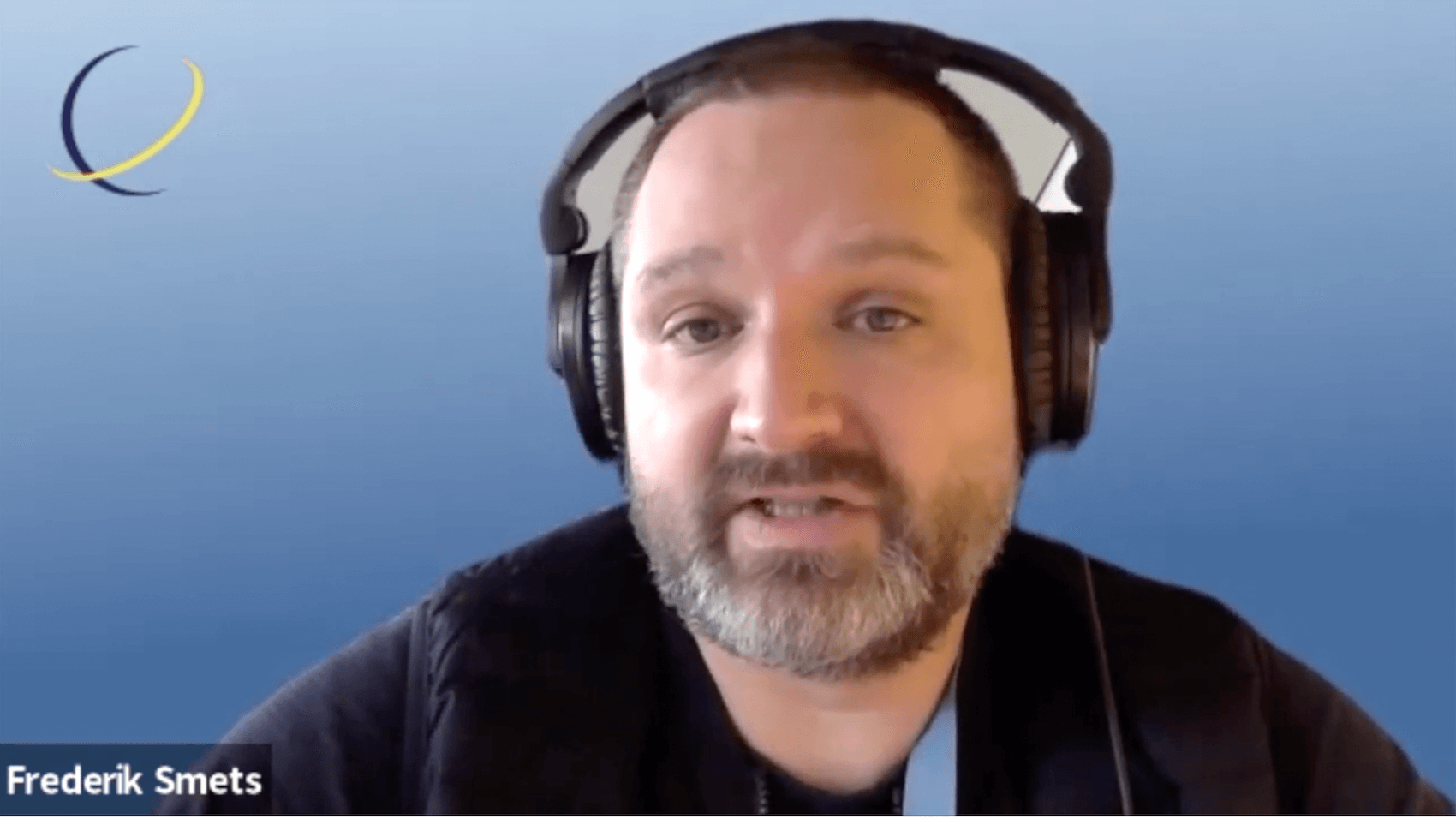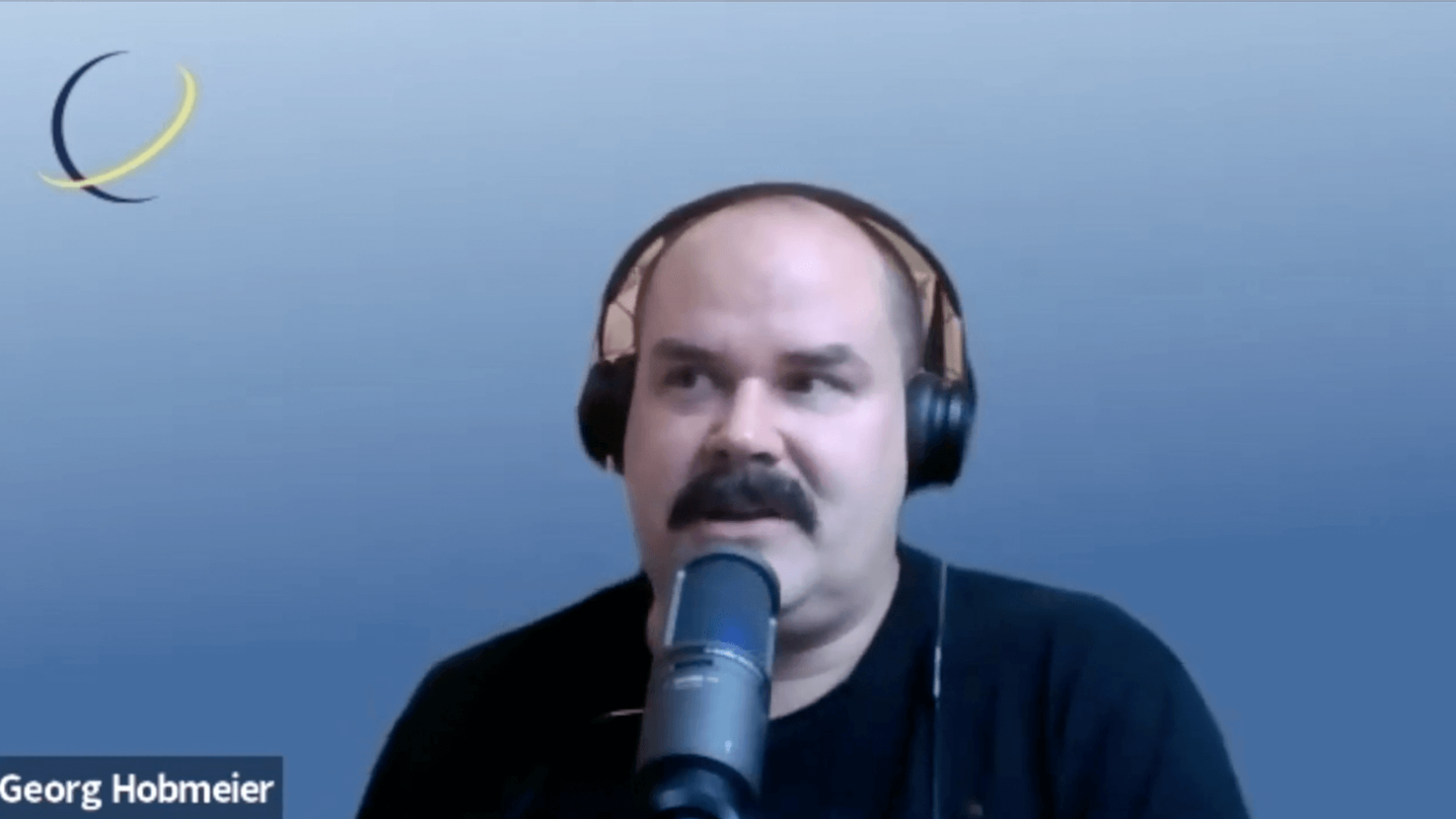The intertwined dynamics of the ‘patriarchal trifecta’—forced marriages, female genital mutilation (FGM), and so-called honor killings—create a symbiotic relationship, reinforcing each other’s harmful effects. For example, a woman compelled into a marriage against her will not only faces the trauma of forced marriage itself but also a heightened vulnerability to marital abuse due to a lack of communal and societal safeguards. Similarly, a woman subjected to FGM, whether in her youth or later in life, faces an increased likelihood of being coerced into an arranged marriage against her wishes. Her limited social agency and societal constraints make it difficult for her to resist such pressure.
As researchers, especially on topics related to gender studies and cultural analysis, we must constantly decide the degree to which our investigations will inform and/or transform the world we are studying. Considering this, I have decided to investigate issues surrounding Kurdish women which are both personally and professionally important to me.
My research, which is connected to my Marie Curie Fellowship and ongoing, looks at the status of women in the Kurdistan Region of Iraq (KRI), or what could equally be defined as Southern Kurdistan or Bashur. The more specific focus of my exploration, connected to this issue of women in the KRI, investigates how gender equality and gender-based violence (GBV) – such as honor killings, female genital mutilation (FGM), and marital or familial violence – form an intertwined relationship. Which is not just true for the KRI, but everywhere in the world. As these specific assaults on women, seem to go hand-in-hand with places that lack institutional protections and structural barriers to lessen their occurrence.
As part of my postdoctoral fellowship research, I have begun exploring what I deem to be the ‘patriarchal trifecta’ of forced marriages, FGM, and so-called honor killings – which should more accurately be called “misogynistic murder,” but for the purposes of this topic I will utilize the commonly accepted term. It seems this trifecta forms a symbiotic relationship, in which they reinforce one another.
So, for instance, a woman who is forced into a marriage against her will, is more likely to also lack the communal or societal protections to ensure that she is then not abused by her husband, so in some of these situations there is a correlation, if not an outright causation – which is up to us as scholars to seek out.
Moreover, a woman who experiences FGM either in her youth or later years is also disproportionately likely to be forced into an arranged marriage against her will and lack the social agency or societal flexibility to refuse. Likewise, in the case of honor killings, a woman who is murdered by her father or brothers, is also more likely to both have had FGM carried out on her or be in a situation where she is likely to be placed into arranged or forced marriage.
I believe understanding this trifecta of oppression against women globally, but in particular in the KRI regarding women, is of utmost and critical importance. My research thus far aims to do that, and by its full completion, will hopefully have achieved this goal.
To this point, my literature review and interviews I have conducted so far paint a picture on the topic which is nuanced and contains both positive developments and work that still needs to be done. For instance, it is important when analyzing the state of women in the KRI, to understand it in the context of the region historically, and at the present time. Often times, I believe researchers, particularly in or from the West, arrive in “exotic” new environments, and expect that all of the cultural norms they are used to are universal.
These presumptions then also usually fuel the foreign NGOs and institutions that have considerable funding but tie those resources to the quote “natives” fixing their outdated ways of living. So, while these drives to increase human rights globally can have positive gains, they can also begin to resemble the colonial ethnographies of the past, where Europeans showed up to observe and then speak for those they observed, while critiquing from a place of privilege.
In my case, as a woman from the KRI, I am not investigating a foreign place that I do not understand, but my own community, and I am able to do so with the understanding of the many overlapping cultural complexities that inform these phenomena. For instance, my early investigations have shown the role that religion, tribe, political persuasion, and rural versus urban geography can play in these issues. In this, there seems to be a discrepancy in the prevalence of this trifecta, based on if the individuals live in the main urban centers of the KRI – Hewler (Erbil) and Slemani (Sulaymaniyah) or if they derive from a village or smaller city.
I am also looking at the role that faith plays and if there is a difference in how religious a woman’s family is. This in turn, is connected to the role that upbringing can sometimes be fate, so I investigate how much formal education a woman has had and if she is allowed to work outside of the home. As again, there seem to be certain factors that begin to appear so frequently together, that they appear to form the words of a song. And what my research on these issues has shown me thus far is revealing. But as with any research, each ‘answer’ only begets another question.
For example, it seems that the constraints of religious conservatism are blunted by women gaining access to formal education, but is this really a case that more open-minded families are likely to allow their daughters to get education in the first place? Or is economic class connected, as wealth seems to have a similar progressive effect, and wealthy families are also more likely to allow their daughters to seek formal education? The tangled web of causality it seems is never fully discovered and I acknowledge that no research is ever fully complete – but blocks built atop one another.
You also cannot study women’s equality in the KRI, without looking into the governmental policies there. So, for example, there have certainly been some gains for women in the KRI based on laws passed by the Kurdistan Regional Government (KRG) since their de facto autonomy was established in 2003. These gains are particularly present when compared to the rest of Iraq, which has actually been backsliding on women’s rights, since Baathism ended. Which is ironic, as Saddam’s rule was particularly brutal and oppressive for Kurds and especially women, but overall, the Arab women of Iraq, have seen their personal freedoms decrease in many ways under the new less-secular post-Saddam regimes.
In contrast, the KRG governing the KRI for instance, has made some legal gains and set in place protections on the recommendation of the UN and other world bodies, for several reasons. The most generous answer would be that it is because they are the right thing to do and the majority of men in society are ready for such progress. And the strategic or perhaps cynical answer would be that they are the prescriptions demanded from the international bodies that I mentioned earlier, who give their resources to the KRI and then uphold the place as a quote beacon of women’s rights in the Middle East.
The geopolitical motivation for upholding the KRI in this way, also serves Western interests as it can potentially justify Western intervention in other places, who still do not guarantee their women full freedoms. But that is more an aside and would be a research study in itself.
However, my research thus far also displays worrying trends. For instance, the other side of this beacon of equality argument, is that the KRI still features cases of women desperately self-immolating and far too many honor killings or presumed honor killings which can often be reported as suspected suicides. The methods of violence deployed against women, either from their husbands, scorned men wishing to marry them, or their fathers or brothers to protect the family’s name before the community, often are brutal methods of shooting, suffocation, or stabbing. You also have cases of suspicious burning, which are reported as suicides, but often could be murders set up to appear as such.
What my research so far also displays to me, is that this gender-based violence, and these honor killings are based on a range of personal beliefs from the men committing the violence. For instance, I am interested in the views of men who hear of honor killings and whether they agree that it can ever be justified. Because a man might say he theoretically does not agree with a stranger being honor killed but would support such a reality if their sister carried out certain sexual acts, which they deem to be an attack on their entire family’s dignity.
Also, the views of women on the periphery are crucial, so I look at the views of women on honor killings, and whether they become accomplices, as you can sometimes see in the case of mothers or aunts, who fail to push back against the issue, or lack the freedom and protections to ally with the victims of it.
In the same way that historically a colonized people would always have members of the population who would collaborate with their oppressors, in the case of gender this is also a possibility. That is of course not to blame women, because those who lack structural power, will often do what they deem necessary for short term survival.
This trifecta is also upheld by a combination of variables, including beliefs that are justified as “tradition” or “our culture”, as if denying women their full rights is in itself an act of cultural preservation. This dishonest claim can be particularly potent, because Kurds historically have had their language and cultural rights banned by repressive states, so by packaging patriarchal control as inherent to “Kurdishness,” it makes freeing these women a betrayal against an identity that many men are proud of and trying to preserve.
Of course, there are other variables as well. Such as social class and economics. It seems that since poverty does not allow for many material comforts, people will seek out to at least own and hold on to their family “reputation” and “good name.” Again, like with the argument that it is cultural, since even men in the KRI who own relatively very little, take solace in the fact that they supposedly possess some invisible “honor.” As a result, it can be difficult to ask a rural impoverished family of men who own nothing, to give up the only thing of value that they believe they possess.
There are also philosophical questions at the heart of these issues. Such as the idea of “freedom” and importance of “love.” Both concepts can be complicated and overlapping. For instance, many men in the KRI will agree with that idea that Kurds should be free from occupation by the Iraqi State, and even get angry with the idea of the Baghdad government mistreating women. But some of those same men will then defend Kurdish wives being occupied inside of their own home, or Kurdish sisters having their dating life being policed by their brothers. This is why the idea and Kurdish slogan of Jin, Jiyan, Azadi (Women, Life, Freedom) in neighboring Iran and Rojhilat (Eastern Kurdistan) I believe has been so potent of a concept, is it addresses this paradox.
And to the idea of love, my research is also interested in whether women who enter arranged or forced marriages loved their husbands at the time of marriage or love them now. Although this may seem like a basic idea, I feel it is fundamental. Because if you remove the idea of love from these marriages, then they often become either desperate economic arrangements to survive, or agreements between fathers and perhaps even mothers, to essentially barter off their daughters. In some ways, the perception or idea of freedom is also tied to the issue of FGM as well. As some of the reasoning behind FGM can be the belief of men that a woman without FGM would be overly lustful and that she cannot handle the responsibility of such freedom.
As you can see, there are many variables to consider with such a large topic. But it is my hope that by the completion of my fellowship research, that I will have a fuller picture of how all these issues tie together in the KRI. With the hope being that there may also be some universal issues that would be applicable to the outside world as well. Because women cannot have life and freedom – jiyan and azadi – if they are preventing from controlling their own bodies or romantic lives.

(*) Dr Shilan Fuad Hussain is currently a Marie Curie Postdoctoral Fellow and a consultant on gender related issues and society. Previously, she was a Visiting Fellow at the Washington Kurdish Institute and a Doctoral Fellow at the Geneva Center for Security Policy. Alongside her research in Middle Eastern and Kurdish Studies, she is an interdisciplinary academic and works on a variety of topics such as cultural production, gender-related issues and society, gender empowerment. Her current work sits at the intersection of sociology and cultural analysis, and its symbiotic relevance to modern society.



